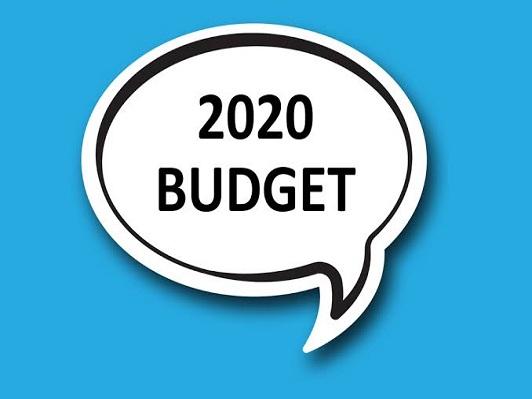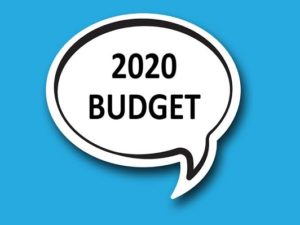With 63 million micro, small, and medium businesses contributing close to 30% of India’s GDP – there is no doubt that MSMEs form the backbone of the country’s economy. As per an IFC report on Financing India’s MSMEs, the addressable lending market forMSMEs in India is estimated to be at Rs. 25 lakh crores, and the numbers are only expected to go upwards from here. As the economy braces for a robust recovery in the upcoming months, MSMEs could be the beacon of hope to boost economic activity and manufacturing in India.
The Government has time and again focused its efforts on revitalizing MSMEs through formalization initiatives. Initiatives include programs such as 59-minute loan portals, The Trade Receivables Electronic
Challenges in providing formal access to capital
The current challenges faced by MSMEs remain access to credit and delayed payments. Despite several efforts to make lending to MSME lucrative, it only contributes to less than 4.5% of the overall exposure of commercial banks and NBFCs, according to recent data released by RBI.
Delayed payments are another common challenge that plague MSMEs and affect their day-to-day operations significantly. As per reports, MSMEs in India have over 85,000 crores worth of pending payments due to them. Additionally, the utilization of TReDS remains restricted to MSMEs working with large corporate buyers. Over 65% of MSME transactions are within MSMEs themselves with no links to large corporate buyers, that are currently not in the purview of TReDS.
Budget 2020 Outlook
Our outlook is that Budget 2020 will provide impetus to formalization and bring more MSMEs under the ambit of formal credit channels. A few measures that can help extend coverage to wider MSMEs are
Linking GSTN and TReDS
The Government has already taken some steps to enhance the utilization of TReDS platforms. For example, the finance minister announced last August that the GSTN data could be employed for invoices being discounted on TReDS. Linking GSTN to TReDS significantly reduces the risk of fraudulent invoicing.
By linking GSTN data to TReDS, banks gain greater insight into MSME cashflows, and this allows MSMEs to build a credit history for future borrowings through formal credit channels. This insight will enable lending institutions to offer financing at competitive interest rates to MSMEs and help banks to provide additional loans and advances to fuel MSME growth.
Linking of GSTN and TReDS could also help in covering inter-MSME business transactions. Less than one-third of MSME transactions are linked to large corporate buyers, and a majority of business transactions are instead within MSMEs. These transactions are currently not covered in the TReDS scheme and hold back TReDS from scaling up formalization coverage as envisioned by the Government. With the linkage of GSTN and TReDS, financial institutions can be empowered with holistic, accurate, and reliable data and extend credit to MSMEs trading with other MSME enterprises.
Encourage NBFCs onboard TReDS
Currently, the way TReDS is structured, it facilitates credit for MSMEs transacting with large corporate buyers who have a credit of A-grade and above to avail liquidity on demand. However, the utilization through this scheme is yet to trickle down to corporate buyers that do not have a strong credit rating.
The increased risk component associated with the payment of receivables from creditworthy B-rated corporates limits the MSME’s access to capital through the TReDS platform. By onboarding NBFCs, as has been suggested by an RBI committee, with a higher risk appetite, the scope of TReDS could be expanded to include all investment-grade corporate buyers and their supplier ecosystems. This measure could facilitate the Government’s goal of increasing TReDS transactions from 8000 crores to 100000 crores in the years to come.
Broader coverage of the Credit Guarantee Fund
ECGC has been instrumental in providing a credit guarantee for exports for many years, which has enabled MSMEs to export goods globally. Extending CGTMSE to provide credit coverage to MSMEs would expand TReDS platform utilization to cover transactions without the involvement of corporate buyers.
The Credit Guarantee Fund will reassure and provide confidence to financial institutions to take more risk and extend coverage to smaller businesses on a standalone basis. Emphasizing on Credit Guarantee will reinforce Government backing and encourage banks to lend larger and broader to small businesses without compromising on the quality of their asset book.
These initiatives that are in line with global best practices are essential to ensure credit flow to MSMEs in a meaningful way
Several roadblocks impede growth for MSMEs. However, we are positive that with the right direction of specific Government initiatives, the financial inclusion of MSMEs would no longer be a far-fetched dream.
Views expressed in this article are the personal opinion of Ketan Gaikwad, CEO of RXIL .
Elets The Banking and Finance Post Magazine has carved out a niche for itself in the crowded market with exclusive & unique content. Get in-depth insights on trend-setting innovations & transformation in the BFSI sector. Best offers for Print + Digital issues! Subscribe here➔ www.eletsonline.com/subscription/






















